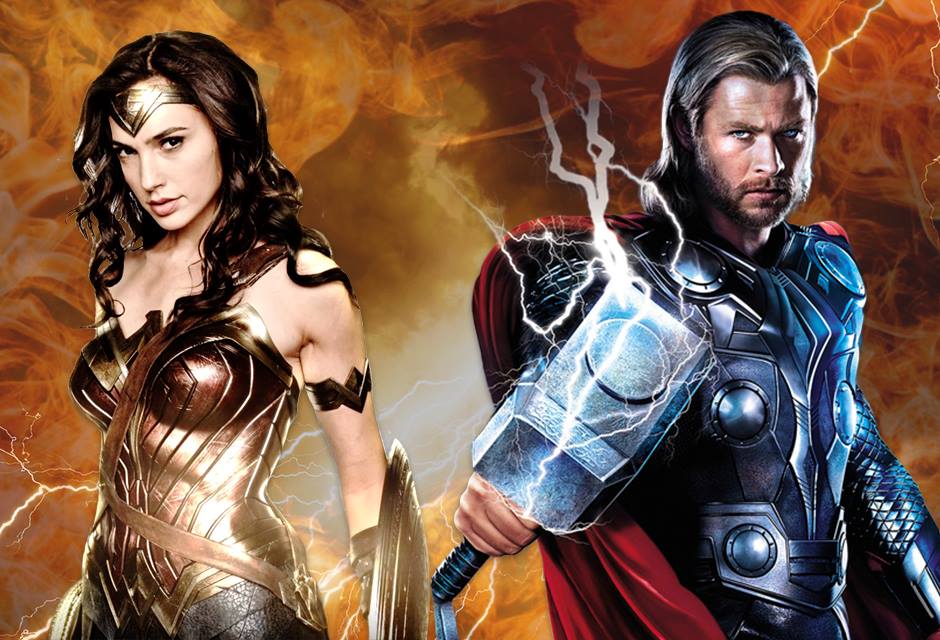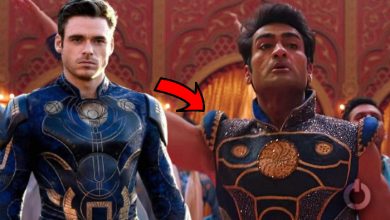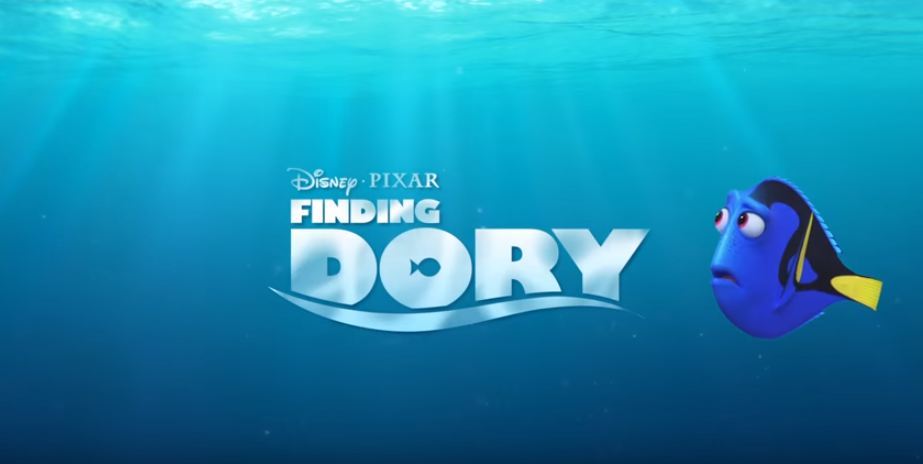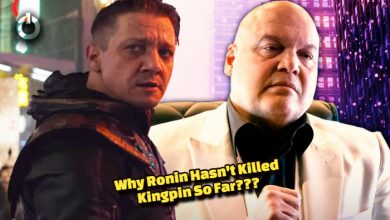The Do’s and Don’ts of Story writing According to Marvel
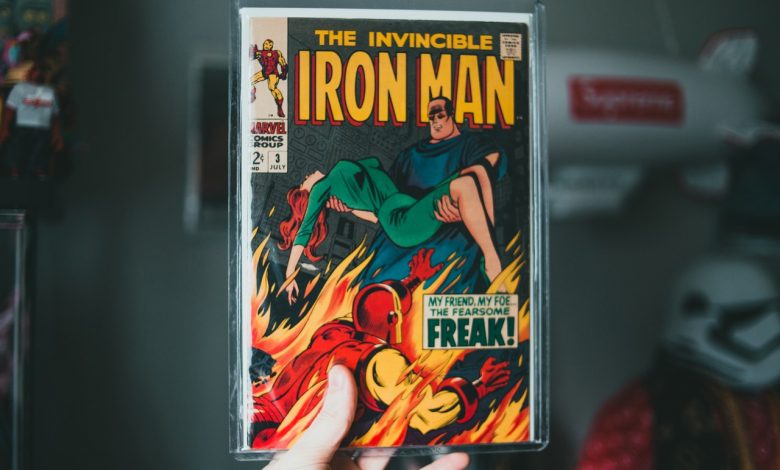
Marvel comics are an entertainment juggernaut. Of course, a large portion of their success can be attributed to their cinematic universe, but that is not the entire story. Marvel Comics is a comic book company, first and foremost.
The medium is more complex because it also involves illustrations, and many would argue that the art carries the rest of the story. So, you can’t just hire someone from a legit writing service and have him work for Marvel. Or can you?
Ultimately, while the panels themselves do not have that much writing on them, the story progression is well-planned. Not every comic or series is/was a hit, but the company has managed to maintain a persistent level of quality over the decades.
This article will analyze what Marvel did well in their storytelling, and what they failed to put forward.
Perfect people are boring
Superman can be argued to be the original superhero. So many tropes from his story can be seen to carry over to the heroes of today. From spandex costumes to the vigilante double-lifestyle, it is obvious that Superman best represents the archetype of the superhero.
And yes, I realize that he is from another company, and not Marvel. But it can be argued that all superheroes were made after his mold.
The trouble is that Superman was in many ways, too perfect. It is important to have a morally upstanding, nearly all-powerful standard to inspire the noblest virtues in other heroes and common people. But this perfection can swiftly become boring.
A perfect character is not relatable for us, flawed mortals. Normal people show weakness and are flawed. We lie and back down from powerful opponents. We struggle as much against ourselves as we do against adversaries.
Enter Marvel, with heroes that faced some serious issues. Iron Man was a narcissistic alcoholic with lady problems, Bruce Banner lost control and became a monster, while the X-men struggled against a society that feared them(often for a good reason).
Marvel Comics innovated the landscape because their characters were regular humans with outstanding abilities, not some gods that made spectacles out of breaking the laws of physics.
As a disclaimer, comic book companies are known for copying each other. So while the previous statement was true at first, heroes from other brands have adopted the tactic of writing flawed heroes.
Backstory at its best
The best superhero stories are not about the powers. The abilities of a superhero are fun and can engage the reader into a power fantasy. However, a fight without a cause is just a mindless, fun, brawl.
Why are the characters trying to kill/defeat each other? What makes a villain so broken, that he tries to enslave the world? Why do heroes resist showing off to their potential love interests, or forego making money using their abilities?
Most of us would turn our power into a successful movie or athletic career. Or, we would punish and intimidate those who wronged us.
There has to be a good reason why a character refuses to take the easier and most pleasurable path. This is where Marvel stories shine: backstory.
For example, in many incarnations, Spiderman did try to turn a profit via an athletic career. Also, he was uncaring, avoiding the responsibilities that come with power. This is a trope as old as time.
In Old Europe, the concept was known as Noblesse Oblige, which roughly translates to the “Obligations of Nobility”. Anyone with power is obliged to do something good with that power, and not just keep it for personal gain.
It all culminates when Peter Parker refuses to stop a common criminal claiming that it is not his problem, and the criminal kills his Uncle Ben in a botched robbery. Now that’s how you write a backstory, with the character getting punished by his own uncaring and arrogance.
Meanwhile, the Punisher is motivated by the death of his family. In his mind, any act of brutality is justified, as the criminal class stole his happiness and hope.
Blade uses a “fight fire with fire theme”, while Captain America embodies the purest version of traditional and wholesome values.
Wolverine should also be mentioned, as he is tortured by the classic immortal’s curse. He ages slowly, burdened with living in pain, knowing that he is destined to outlive any family that he may love.
Overall, many Marvel backstories explain perfectly why the characters dedicate themselves to a higher cause.
No consequence and finality
Now, we end on the major weakness of comic book writing: no finality. Certainly, Marvel is not the only company guilty of this flaw, but it is prolific in its stories.
Good stories mirror reality. And in the real world, actions have consequences. A mother sacrifices herself for her children because she knows that if her child dies, he/she is dead forever.
We struggle and fight to prevent destruction and death because they are final. Loss and tragedy hurt. It can traumatize and shatter sanity, and it can create monsters.
Comic book companies are aware of the fact that they need to kill or harm characters from time to time. They must prove that the danger is real, and not just a mock fight like wrestling.
But the characters are memorable, and it would cost millions of dollars of damage to the franchise. So, writers use cheap tricks to kill their characters and then bring them back.
Some of the most popular tropes include cloning, alternate timelines, magic that wasn’t foreshadowed, reboots, etc. The only half-decent way to continue a superhero after death is to appoint a successor.
Other people took up the mantle of Iron Man, Thor, or Spiderman. Although, most successors are not as beloved as the original.
Comic writers need to challenge themselves to create new and interesting characters. Recycling the same ones harms the storytelling because it shows that actions do not have consequences. Tension dies because whatever happens, we will be back to normal next week.
Conclusion
Storytelling is often a reflection of the times in which said story is written. Comic books are the quintessential story vector in the modern world. Just like our society, comic arcs are a melding of what came before.
From religions and mysticism to urban crime, teen love stories, historical references, and government corruption. These themes color our society.
There are people like Tony Stark, Bruce Banner, and the Punisher walking around among us. Even minus the superpowers, most of us can relate to the causes and struggles that plague our favorite caped characters.
